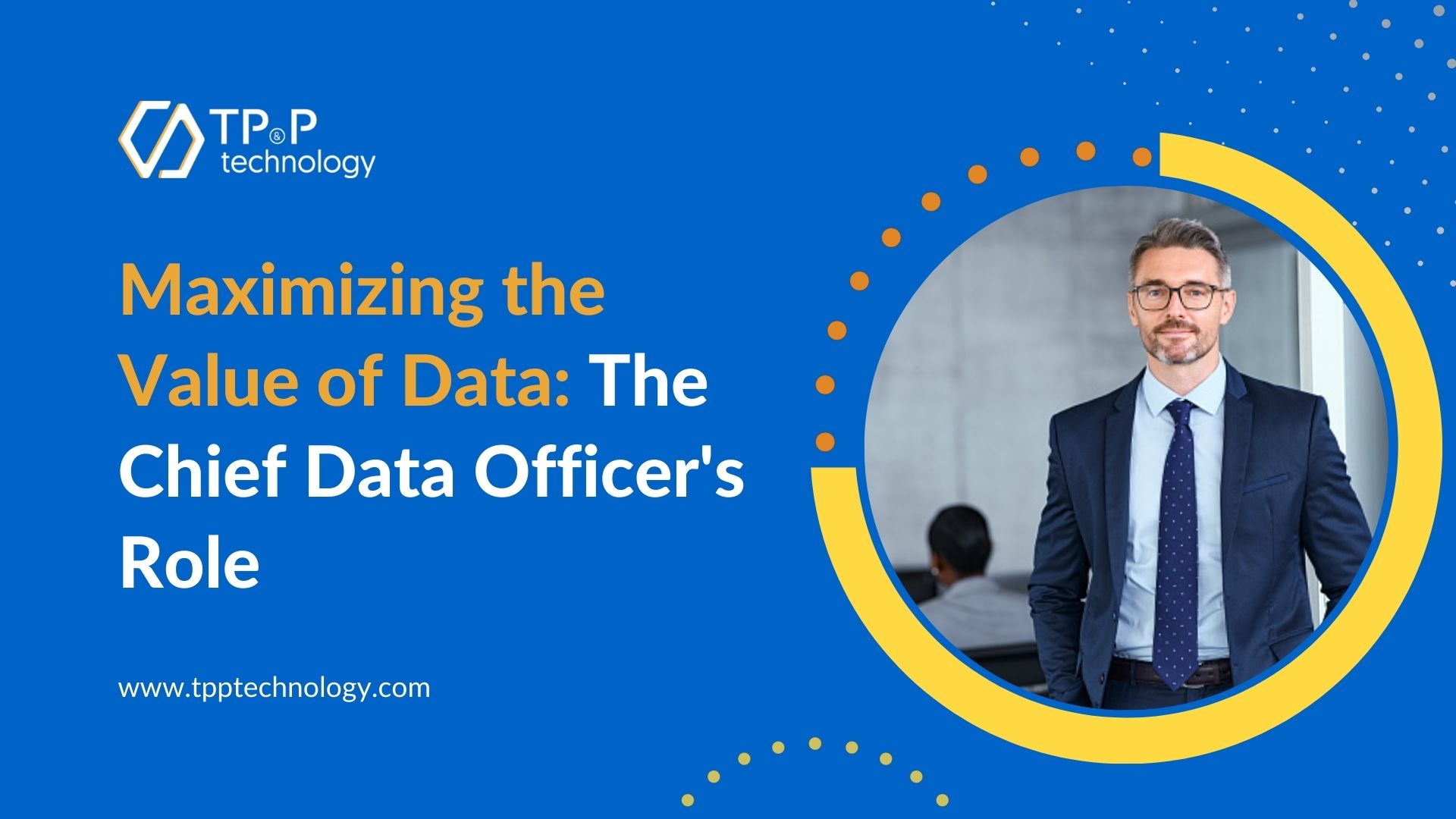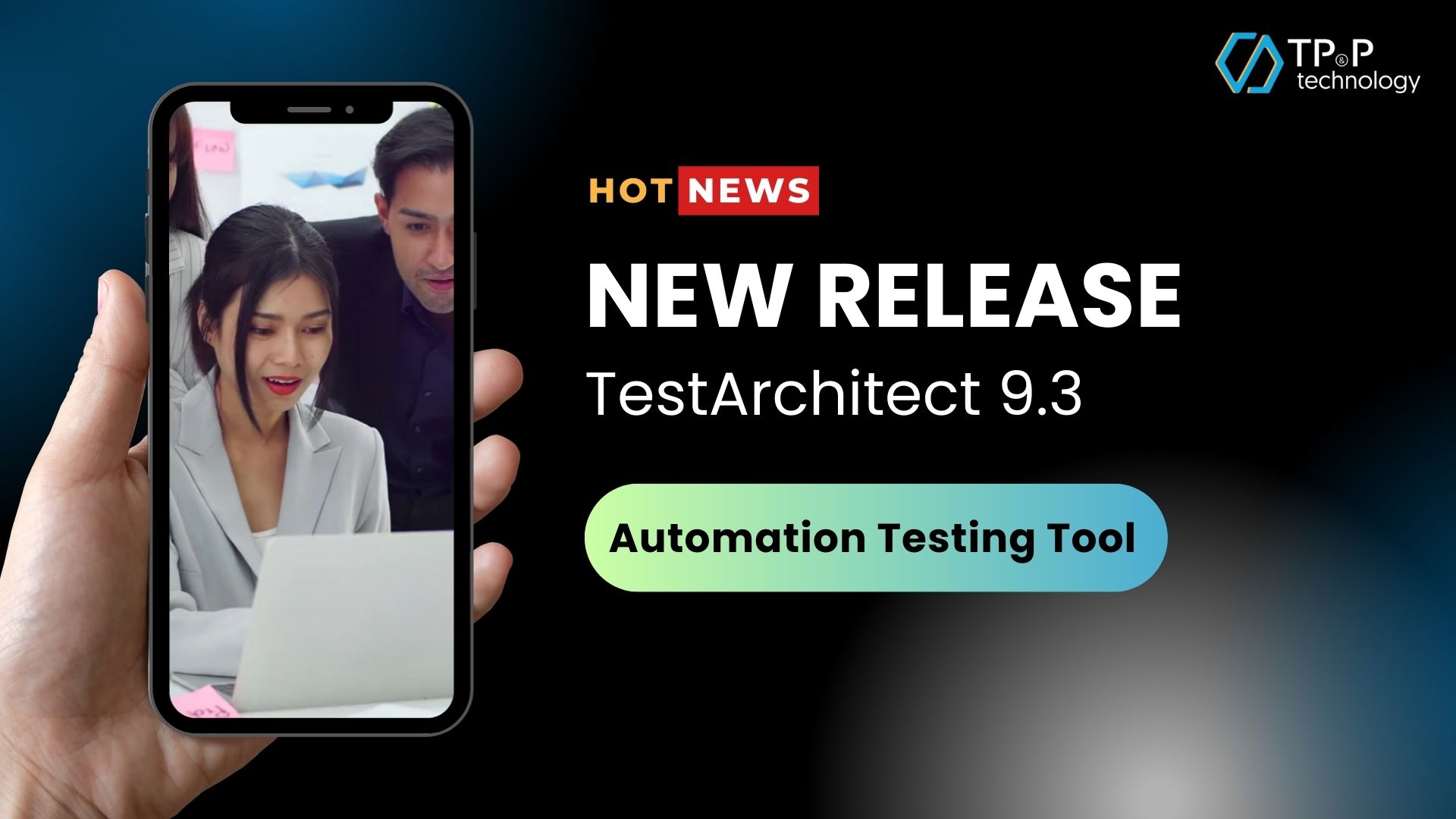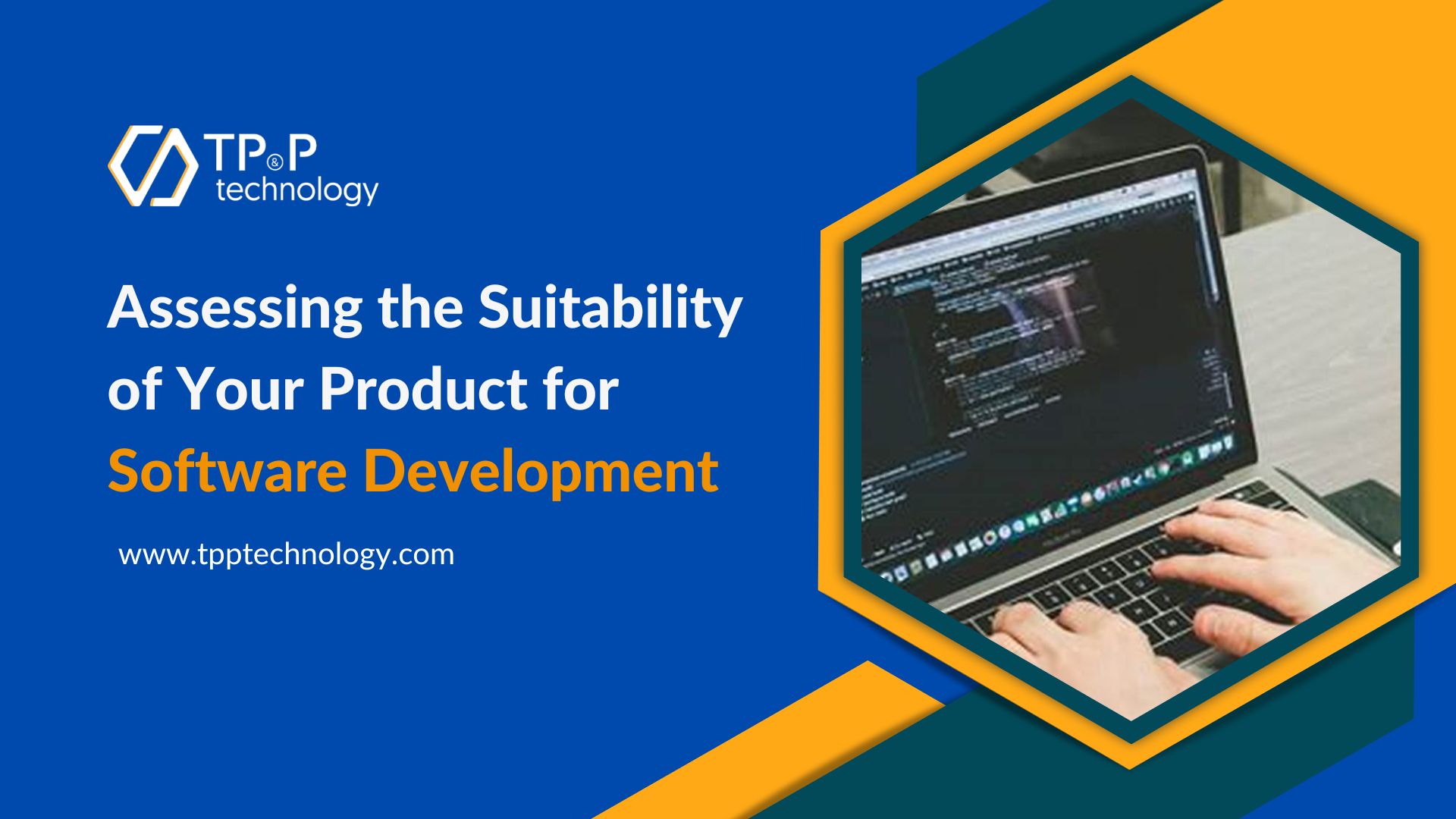
Maximizing the Value of Data: The Chief Data Officer's Role
A Chief Data Officer (CDO) is an executive who holds the responsibility of overseeing an organization's data operations with the primary objective of ensuring their accuracy, reliability, and security. The role of a CDO involves managing teams that gather, structure and scrutinize data, as well as working with other top executives to fulfil business requirements and provide assistance. In some cases, they might also have the authority to decide on the tools and technologies that an organization uses for data storage, establish protocols for teams to collect and retrieve data, and teach their colleagues about the ethical and regulatory aspects of data.
Common CDO job responsibilities
Typically, a chief data officer holds various responsibilities in their job, and their role in an organization usually involves the following set of duties:
Determining data strategies
Similar to other high-ranking executives, one of the main duties of Chief Data Officers (CDOs) is to establish the strategy of a company. Developing a data strategy involves recognizing how an enterprise can handle, obtain and exploit data as a valuable resource. In devising a strategy, the CDO takes into account the overall business objectives and how their plans can align with the present requirements of the business, as well as its future expansion.
Enforcing data protection
The Chief Data Officer (CDO) has the authority to establish safeguarding measures, which could include implementing password-protected databases or developing sophisticated, secure data processing programs. Some businesses utilize access levels to manage their data, which means that specific roles have access to or can modify certain information. The CDO is responsible for ensuring that the enterprise has the necessary tools and procedures to safeguard both internal and customer data, as well as educating teams about the significance of compliance.
Establishing governance
As a component of their data strategy, the Chief Data Officer (CDO) can determine the owner of each data type, the method for accessing it, and how data quality is measured. Typically, this necessitates organizing the enterprise into teams that are responsible for overseeing and assisting employees who work with the data. CDOs frequently have governance officers who educate employees, monitor problems, and maintain documentation that outlines protocols and procedures.
Improving data quality
Businesses can enhance their performance by maintaining high-quality data. To achieve this, the Chief Data Officer (CDO) may put in place both manual and automated controls to ensure that entered data is complete, validated, consistent, and accurate. Creating roles of ownership and implementing auditing processes are two aspects that CDOs may consider while striving to improve data quality, streamline access, and leverage analytics to boost efficiency and make informed business decisions.
Exploring new technology
As a high-level manager, the CDO may investigate new database and analytics software options that an entity can adopt for better data management. In collaboration with technical teams, the chief data officer can examine existing systems to determine whether they align with their envisioned data strategy. This could entail liaising with potential suppliers who offer new solutions or collaborating with in-house teams on development. They may focus on exploring databases that can rapidly expand storage capacity in anticipation of an upsurge in business.
Collaborating with other executives
A chief data officer, as a member of the top executive team (C-suite), has the duty of working together with other executives such as the CEO, COO or CTO, depending on the company. Since each executive plays a distinct role in achieving the organization's financial objectives, the chief data officer needs to collaborate with them and share information related to their respective areas of expertise. This alignment of strategies and exchange of information can be beneficial in managing their specific responsibilities.
How has the role of a CDO evolved in recent years? What trends can we expect to see in the future?
Transformation due to the growing importance of utilizing data for competitive advantage. As organizations seek to extract maximum value from their data assets, CDOs are responsible for designing and executing strategies that optimize the value of their data. In recent times, this has involved utilizing advanced analytical techniques like machine learning and AI to derive insights from data and make informed business decisions.
Going forward, it is expected that CDOs will prioritize developing strategies that incorporate data-driven technologies such as blockchain and artificial intelligence. Additionally, given the increasing importance of data privacy and security, CDOs must ensure their organizations comply with all relevant regulations.
As companies increasingly acknowledge the potential of data and analytics to gain a competitive edge, the role of Chief Data Officers (CDOs) will become even more significant. CDOs are responsible not only for managing an organization's data assets but also for assisting them in using these assets to make better-informed decisions. This trend is expected to continue, and CDOs will be considered vital to an organization's success as the CFO. By capitalizing on their data assets, CDOs can help bridge the gap between strategy and implementation, ensuring that potential opportunities are not missed. In the future, we can anticipate CDOs becoming more closely integrated with the C-suite of companies, where their insights and proficiency will be critical to driving business success.
How Does a Chief Data Officer Help an Organization?
1. Increasing Data Literacy Across The Organization
Organizations must build the ability to present data in a way that allows for information to be produced using any parameter. The responsibility of the Chief Data Officer is to guarantee that personnel throughout the company can understand the data they use, properly format data for analysis, carry out analysis that produces pertinent and valuable business insights and visually convey the results of the analysis.
2. Finding Efficient Ways To Centralize Data Access and Monitoring
The role of the CDO will involve crucially identifying effective methods for consolidating access to data across all departments within a company. By centralizing data, it is possible to ensure consistent and accurate reporting, as well as make sure that all employees have equal access to the same information.
Through the implementation of a robust and streamlined data management system, companies can provide secure and authorized access to their stored data. The CDO plays a crucial role in ensuring that the data is centralized efficiently and effectively, which not only improves the security of data but also facilitates the seamless sharing of data.
3. Increasing Data Protection And Security Efficiency
Several firms are concerned about the loss of their data, which poses a significant hindrance to their progress. This is where the role of a Chief Data Officer (CDO) comes into play.
The main duty of the CDO will be to ensure the protection of the organization's data from unauthorized access, damage, and loss both within and outside the company.
In addition, the responsibilities of CDOs encompass the creation of strategic policies regarding data access, staying up-to-date with constantly evolving data protection regulations, preventing data breaches by ensuring that only authorized personnel have access to data, taking measures to preserve stored data, and transmitting data securely.
4. Finding Data Monetization Opportunities
Data monetization refers to the method of utilizing data to increase revenue. The responsibility of recognizing opportunities for generating value from data falls on the CDO. To achieve this, the CDO must communicate with individuals in different positions throughout the organization, beginning with executives at the C-level.
The conversations will center around different subjects, encompassing ways to derive benefits from data, methods to decipher data, techniques for capitalizing on data, means to utilize data for creative purposes, ways to leverage data for generating income, and strategies for recognizing activities that can be automated.
5. Increasing Effectiveness of Information Security Measures
The responsibility of adjusting to constantly evolving data privacy regulations falls on the CDOs. In order to prevent any security breaches, they must ensure that only authorized personnel have access to the data.
In their capacity as CDO, their responsibilities will include creating and implementing data security protocols, rules, and accountability measures to enhance data security awareness within the organization. It would be advantageous to establish a standardized naming convention, abbreviations, and acronyms to facilitate the organization and accessibility of data for staff. Maintaining consistency in these areas will facilitate speedy access to the required information.
Questions to Determine Whether You Need a CDO
transformation due to the growing importance of utilizing data for competitive advantage. As organizations seek to extract maximum value from their data assets, CDOs are responsible for designing and executing strategies that optimize the value of their data. In recent times, this has involved utilizing advanced analytical techniques like machine learning and AI to derive insights from data and make informed business decisions.
What skills and experience should a CDO have to be effective in their role?
The ideal Chief Data Officer must possess a combination of strong technical expertise and leadership abilities, in addition to a thorough understanding of data technologies and analytics. They should have a comprehensive understanding of data science, data management, data architecture, and IT operations. Moreover, they should be capable of creating effective strategies based on their knowledge of industry trends and the market. Furthermore, a CDO should have prior experience in managing and leading teams, as well as spearheading data governance initiatives from the beginning.
The Chief Data Officer (CDO) should possess exceptional communication and interpersonal abilities as they are accountable for collaborating with different departments in an organization to ensure proper management of data. In addition, the CDO must be capable of establishing fruitful relationships with third-party vendors and other stakeholders to efficiently manage data operations. In summary, the CDO must possess the necessary skills to develop and execute efficient plans to manage an organization's data and derive value from it.
How does a CDO work with other members of the executive team?
The Chief Data Officer collaborates with other senior leaders to ensure that data is utilized optimally to achieve the organization's objectives. The CDO typically advises on how data can be leveraged to create business value and supports data governance initiatives. Furthermore, the CDO is accountable for ensuring that the data strategy aligns with the company's overall goals and offers guidance and input to guarantee that data-based decisions are made in a manner that maximizes value.
One of the responsibilities of the CDO may include creating and managing partnerships with external vendors, such as software providers or cloud services, to guarantee that the organization's data requirements are met. The CDO collaborates with the Chief Information Officer and Chief Technology Officer to ensure that technological operations run effectively and to advise on the most effective means of incorporating new technologies or strategies into the company.
Do your leaders require more access to data?
If your department heads are facing difficulties in acquiring the data necessary for making decisions and achieving company objectives, then your organization could potentially gain from data democratization. This process involves enabling team members from various departments to independently create reports and analyze data, leading to better decision-making across the organization.



